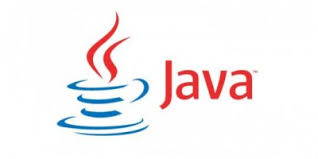Whenever you use break; (or continue;), by default it only affects the current loop where it is invoked . If you are in a inner loop, surely the only loop that you can break; from is that loop. What if you need to break; from the outer-most loop in order to proceed to the next set of instructions?
Eclipse – Highlight selected text
I’ve been using this copy of Eclipse Mars since last year but only noticed today that selected texts are not highlighted. So, I thought maybe they made it configurable or turned off by default.
Array-backed Lists in Java
In Java, there are these array-backed lists that are generated when you convert arrays to lists using Arrays.asList(…). The list and the array objects point to the same data stored in the heap. Changes to the existing contents through either the list or array result to changing the same data.
Java – Sort Objects in Collections
Before Java 8, sorting objects in collections is a bit awkward and verbose in terms of the amount of codes you need to put in. With Java 8, things got easier because of Lambda expressions.
Java – Copy array by range
This post will show you how to copy a subset elements of an array by range. For example, copy elements from index 3 to 4 (exclusive). The range values work in the same way as the String’s substring method.
Java Primitive Float And Double – What’s the difference?
Any floating-point literal in Java is by default of a double type.
Java Numeric Promotion Rules
Java Primitive Types Consider the following Java primitive types and take note of the type’s size, e.g., 8-bit. For this post, we can ignore boolean, and char as they are not numeric types. [wp_ad_camp_1] Given the following table of Java
Create Your Own Functional Interface in Java 8
What is a Functional Interface? [wp_ad_camp_1] Java 8 offers Lambda expressions to help us write better, and concise codes. Lambda expressions revolve around Functional Interfaces. So, what are Functional Interfaces? The simplest definition is: Functional Interfaces are Java Interfaces with
Converting Between array and List in Java
Converting Between array and List in Java.
Java 8 Convert values in a Stream using Map
Convert any value or object to a different type. For instance, MyEntityBean to MyEntityAPI. No loops. Just Lambda.


